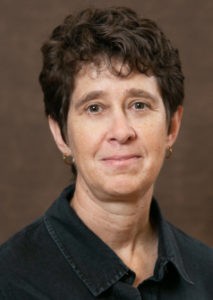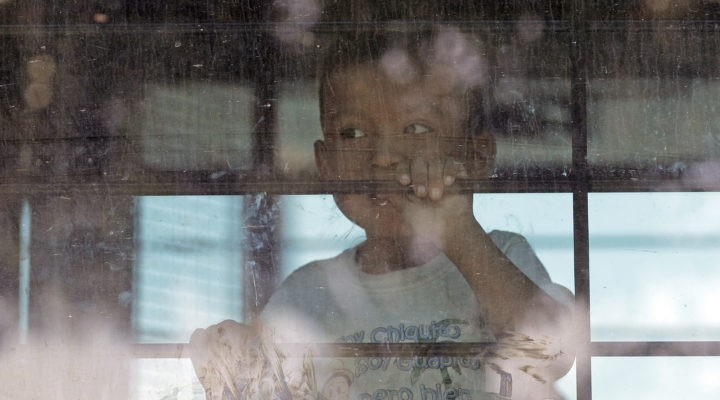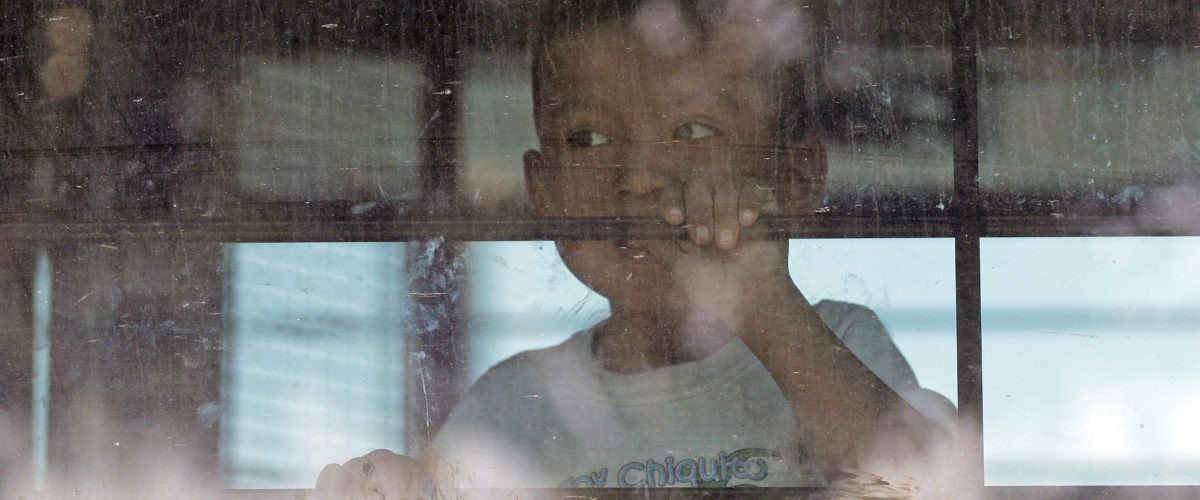The fact that 545 sets of parents whose children were removed from them at the U.S.-Mexico border cannot be found has reactivated the alarms sounded for several years now by child development and immigration experts.
They warn of severe, even lifelong psychological and behavioral consequences for migrant children forcibly separated from their parents as part of a White House plan to prevent immigrants from crossing the border.
The Trump administration began separating children from parents as part of a pilot program in El Paso, Texas, in 2017. By the time President Trump announced his “zero tolerance” policy against immigrants the following year, the practice had been implemented up and down the U.S.-Mexico border, according to a report by the Southern Poverty Law Center.
1,500 separations occurred in 2017 and 2,800 in 2018.
The practice included holding migrants for possible criminal prosecution — even if they were seeking asylum — and eventually deporting them while their children remained in facilities located around the U.S.
The plan was devised by White House adviser Stephen Miller. Eventually, a federal judge ordered the program stopped and the children reunited with their parents, but that proved not to be easily done.
The Texas Tribune reported that 1,500 separations occurred in 2017 and 2,800 in 2018 and that federal officials took little or no steps to ensure those families eventually could be reunited.
“It was only in 2019, after a federal judge ordered officials to hand their names over to immigration lawyers, that the American Civil Liberties Union and other groups tried in earnest to begin reuniting them,” the Tribune reported, adding that 485 parents have been reached so far and 545 cannot be found.
Irreparable damage

Ryan Eller
The repercussions of such separations for children already impacted by leaving their homes in search of a new life may include anxiety, depression, PTSD, chemical abuse and suicide, experts on the situation report.
But the United States itself will suffer long-term negative effects, added Ryan Eller, executive director of the New Moral Majority and formerly head of Define American, an immigration freedom movement.
“The kidnapping and abduction of children by ripping them from their parents and concentrating them in cages will go down as one of the biggest moral stains in United States history.”
“The kidnapping and abduction of children by ripping them from their parents and concentrating them in cages will go down as one of the biggest moral stains in United States history,” he said. “Those children will be suffering the rest of their lives from the early childhood trauma we have placed on them.”
Social workers, psychologists and other experts on child development agree that forced separation from loved ones and the notoriously brutal conditions of detention facilities will have lifelong impacts on the migrant children.

Dawn Hallman
“That does things to kids’ brains,” said Dawn Hallman, an adjunct professor of child development at Dallas College Eastfield Campus in Texas and executive director of the Dallas Association for Parent Education. “Some children are resilient, and some will make it through, but not without a huge amount of damage.”
The harm done to youth, and also to their parents, is a function of both the duration of separation, the sudden and traumatic way it occurred, and the deplorable conditions of the facilities where they have been held, Hallman said.
And more than half the children taken from their parents have not yet been reunited with them, despite the court order. The administration has handed the problem to the ACLU to solve.
“The government deported hundreds of parents without their children — without a plan for how they would be ever be found.”
In an online statement, the ACLU said it is continuing the search. “Now, we must ensure the administration heeds the court’s ruling and the policy of family separation ends once and for all. The government deported hundreds of parents without their children — without a plan for how they would be ever be found.”
A flawed plan from the beginning
Child advocates say all facets of the plan are deeply flawed.
“It is not a hard call for any psychologist to say this system is inhumane, cruel and immoral,” said Tanya Sharon, a professor of psychology and a specialist in child and adolescent development at Mercer University in Macon, Ga.
“It is not a hard call for any psychologist to say this system is inhumane, cruel and immoral.”
Its impact on children is grave, whether for babies, toddlers or teens who experience continuous stress from separation and detention. The process of learning to trust others, their environment and the future is radically interrupted for infants, Sharon said. “Attachment is an enormous issue for young children who have been deprived and basically kidnapped. That can be incredibly disruptive.”
Often overlooked are the constant fear and danger those children faced on their perilous journeys to the U.S.-Mexican border, plus whatever dire conditions motivated the trip in the first place.

Tanya Sharon
“No one tries to come to the U.S. blithely,” Sharon added. “They invest enormous amounts of money, endure arduous conditions and usually travel by foot because the options in their home countries are worse than the risk of traveling to the United States.
“So, when these kids come to the U.S. and are separated from their parents, they are losing their lifelines and they lose confidence that their parents can be trusted,” she added. “Their lives become really, really frightening.”
Such trauma makes them vulnerable to psychological distress, increased rates of depression and anxiety, she added. “PTSD also is entirely possible.”
Older children are susceptible to suffering damage to self-image and identity as they absorb the message that they are unwanted or considered to be criminals.
The intensity and duration of the separation and incarceration overcomes the resilience that is built into human beings, Sharon said. “Most kids are resilient to a few stressors; humans have evolved so we can adapt.”
‘They didn’t flippin’ care’
But research shows that no child is resilient to four or more adverse childhood events. And such events are in high supply in the shelters. “The U.S. government in its camps is absolutely creating significant risks of trauma,” Sharon noted.
And being reconnected with loved ones by itself is no guarantee of healing, she continued. “Being reunited with the family absolutely is a critical first step. But if that family is still stressed, besieged by conditions in their environment, that may not be enough.”
Being beset with acute anxiety, depression and self-esteem issues typically contributes to developing unhealthy relationships, substance abuse and suicide, Hallman said.
“Just imagine the level of panic these parents have felt for several years now.”
Parents who lost their children to the U.S. policy likely suffer the same emotional fate. “To come to a country to save your child’s life only to be separated as child and parent — recall the panic of losing sight of your child in a grocery store,” Hallman said. “Just imagine the level of panic these parents have felt for several years now.”
Trump spokesman Tim Murtaugh told CNN that many of these parents, when contacted, do not want their children back — a claim disputed as outrageous by critics of the administration’s policy.
But the child and family experts do agree that Trump’s “zero tolerance” policy has been disruptive to a sense of community for thousands of migrants and their families
“Now there are 545 children who don’t know where their parents are. Who in their right minds thought this was a good idea?” Hallman asked. “It was a terror tactic. They knew what this would do to people and didn’t flippin’ care.”
Related articles:
We must not look away from 8,800 expelled immigrant children | Elket Rodriguez
The true story of two immigrants seeking asylum in the U.S. and the pastor who’s helping them
Trump administration using obscure law to deny entry to immigrants without court process


